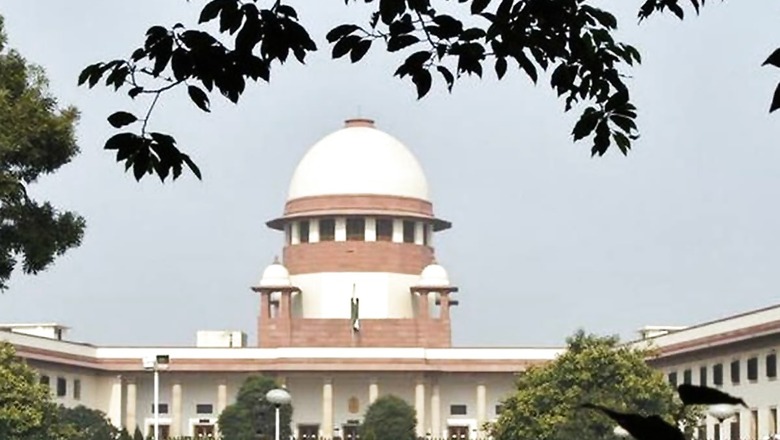
views
The Supreme Court on Tuesday ruled that daughters will have equal coparcenary rights in joint Hindu family property even if the father died before the Hindu Succession (Amendment) Act 2005. Professor Dr Faizan Mustafa, vice-chancellor of NALSAR University of Law, spoke to News18.com after the three-judge bench passed the verdict, as he credited the Manmohan Singh government for initiating the reform while saying there was more to be done. Excerpts:
What is the significance of this ruling and the big takeaways?
The law was there from 2005. It was a major reform introduced by UPA I. UPA was a rights regime that created several entitlements through progressive laws. There was some controversy about the daughters who were born before September 9, 2005, the day the law came into force and whose fathers were dead by that date. There were conflicting judgments. It seems the court has now held that Hindu daughters even in such cases will now inherit Hindu Undivided Family (HUF) properties. The credit for the reforms must go to the Manmohan Singh government.
The Supreme Court passed the verdict while hearing a clutch of appeals that raised the issue of whether the amendment granting equal rights to daughters to inherit ancestral property would have retrospective effect. What does the case reveal about our society that doesn’t make women coparceners in their own right?
Classical Hindu law did not give any share to daughters. Hindu Succession Act was opposed by the Hindu Right. BR Ambedkar as law minister had to resign and the code could not be passed as one law. The 1955 Act gave daughters equal share to sons in self-acquired properties. The 2005 amendment extended it to ancestral properties as well. In spite of these laws, women's share in ownership of land is extremely low. 87% of our women do not own any land.
How did the lack of retrospective effect disempower the Hindu women, as in Prakash vs Phulavati, the Supreme Court made a woman’s entitlement to her parents’ property dependent on the father’s life?
The Prakash judgment had overruled the pro-women progressive judgment of the Karnataka High Court, which had given retrospective operation to Section 6 and the SC observed that there is no express provision in the amendment that provides for the retrospective operation of the progressive amendment and nor such an intention can be inferred.
When it comes to equality between son and daughter, our society is the same in practising discrimination irrespective of religion. Would like to know if you see parallels in discrimination over property rights for Muslim women as well. How are struggles for empowerment similar or different for both Hindu and Muslim women?
Muslim women in pre-Independence era were at least getting half of their brothers' share. They were also inheriting as wife and mother. In fact, the highest category of heirs in Islam are Quranic heirs. Out of 12 such heirs, nine are female and the son is not there. The son is a category two heir, though, if he is there, he does pull down his sister and share property in 1:2 ratio. Thus the problem was more serious for Hindu women. But as and when Uniform Civil Code (UCC) is drafted, equal share would be given to daughters as well.
What are the other pressing issues that remain to be addressed for establishing equality of daughters and sons in a Hindu family?
Hindu law has largely been reformed, though there are areas that still require a relook like kanyadaan and absolute testamentary powers of father; by invoking it, the father can completely deprive a daughter from inheritance and give his entire property to the son/s.




















Comments
0 comment